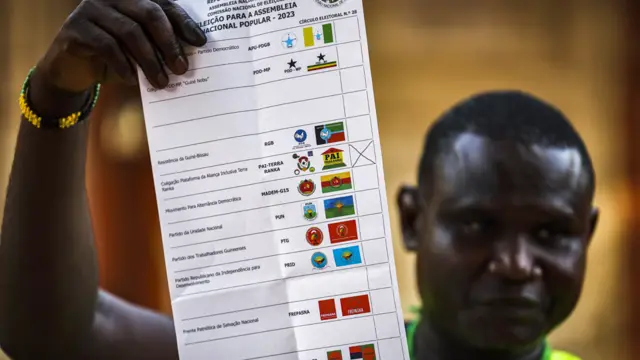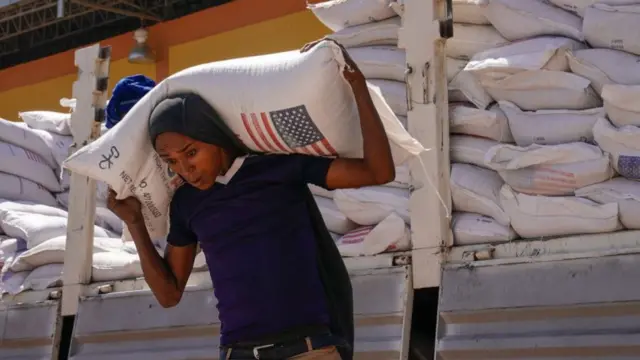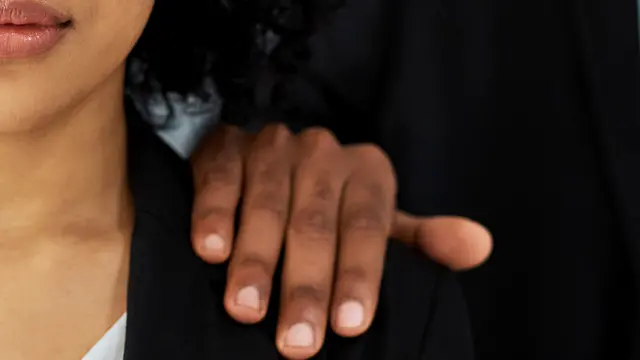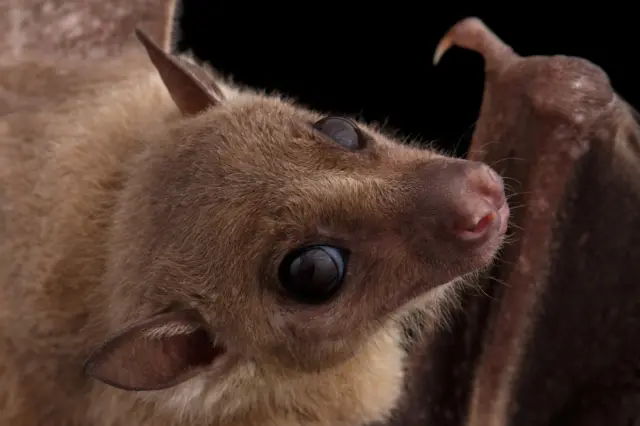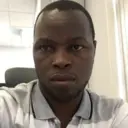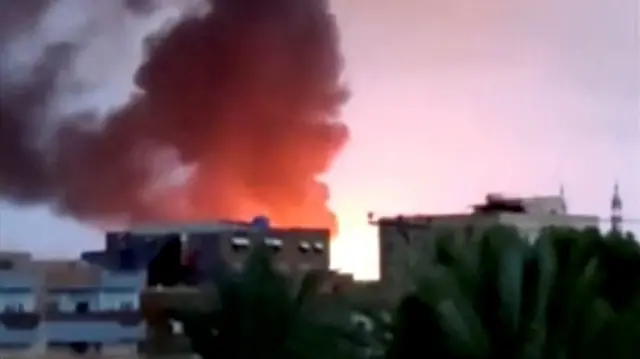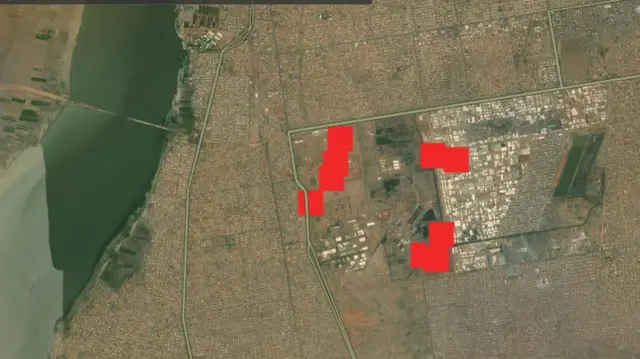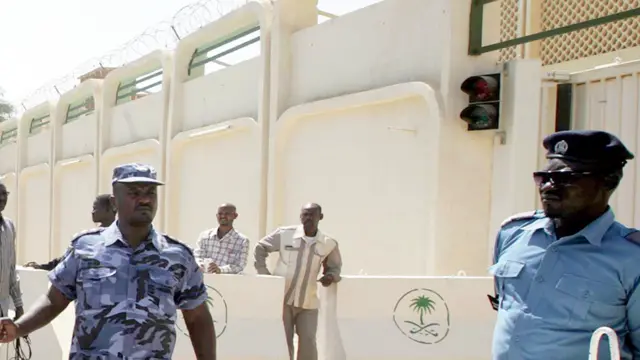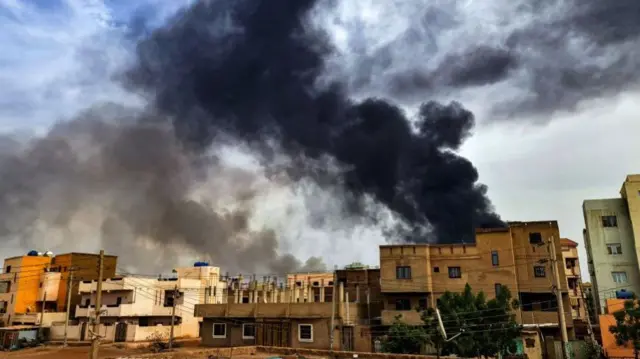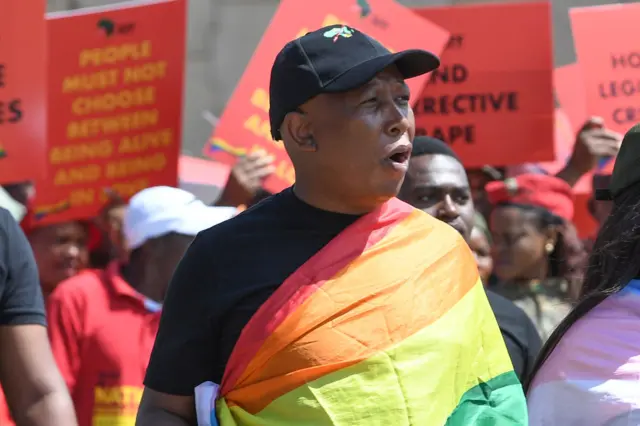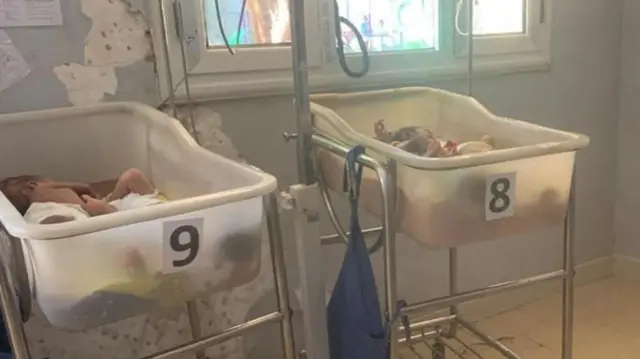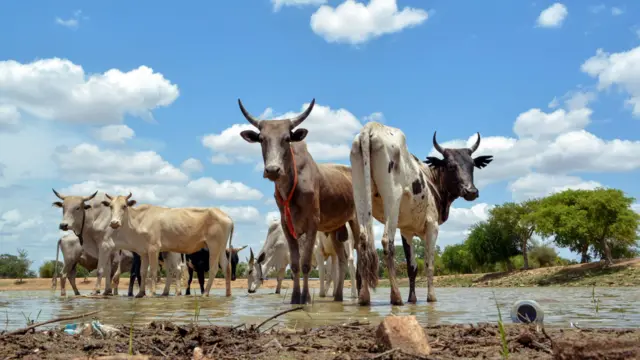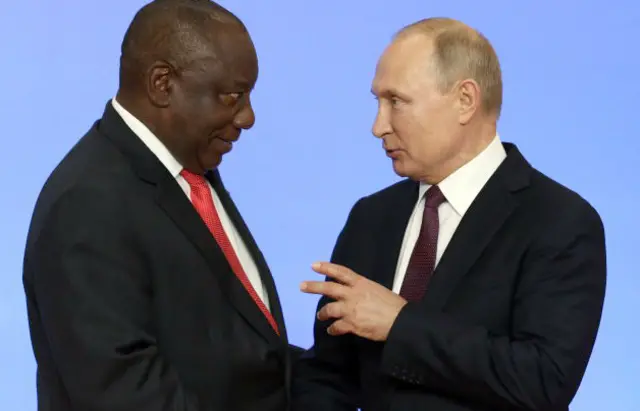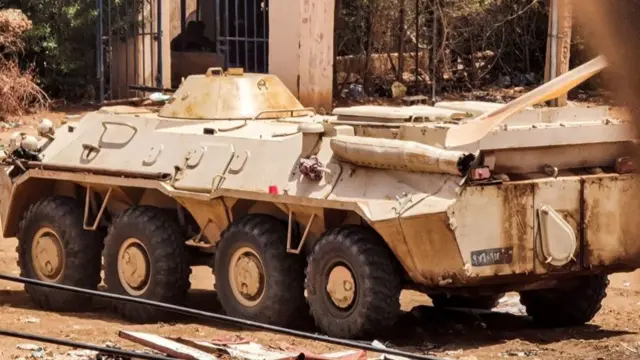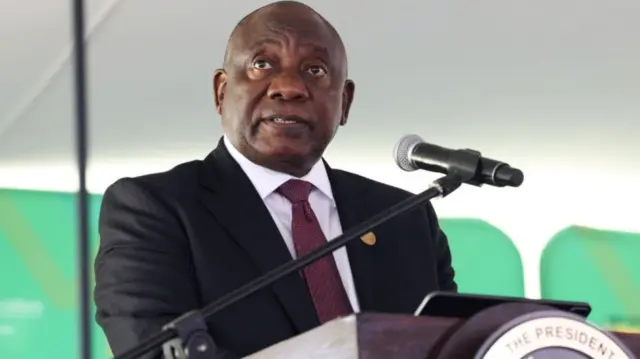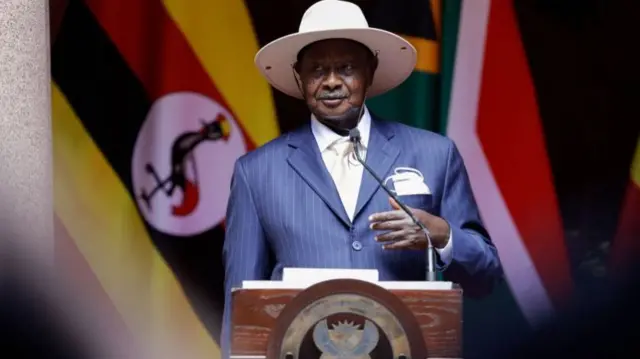Scroll down for Thursday's storiespublished at 18:15 BST 8 June 2023
We'll be back on Friday
That's all from the BBC Africa Live team for now. We'll be back on Friday morning.
Until then you can follow the latest news at BBCAfrica.com and catch up with the new BBC Focus on Africa podcast.
A reminder of Thursday's wise words:
Quote MessageIt is survival, not bravery that makes a man climb a thorny tree."
Sent by Lukenge Ronald in Kampala, Uganda
Click here to send us your African proverbs.
And we leave you with this photo taken recently in Ivory Coast's main city of Abidjan of a bar in an area called Rasta junction.
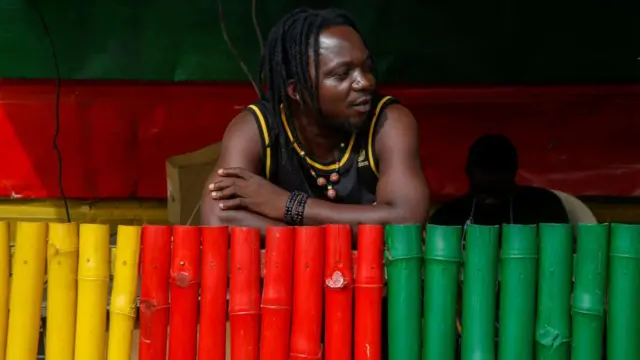 Image source, Reuters
Image source, Reuters